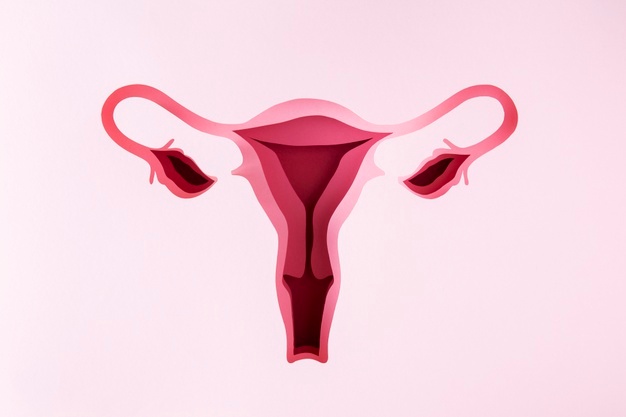laparoscopy and Fibroid surgeon in Bangalore
Why do doctors recommend hysteroscopy? Doctors recommend hysteroscopy for several reasons, primarily to diagnose and treat various gynecological conditions affecting the uterus. Here are some common reasons why doctors may recommend a hysteroscopy: Abnormal Bleeding: If a woman experiences abnormal uterine bleeding, such as heavy or prolonged menstrual bleeding, bleeding between periods, or postmenopausal bleeding,
Read MoreWhat is the main cause of fibroids? The exact cause of fibroids, also known as uterine fibroids or leiomyomas, is not fully understood. However, several factors are believed to contribute to their development: Hormones: Estrogen and progesterone, two hormones that stimulate the development of the uterine lining during each menstrual cycle in preparation for pregnancy,
Read MoreDoctors use robotic surgery for several reasons, including: Precision: Robotic surgery systems offer high-definition, magnified 3D views of the surgical site and precise, scaled movements of instruments. This allows for more precise movements than traditional laparoscopic or open surgery, particularly in delicate procedures. Minimally Invasive: Robotic surgery is minimally invasive, often requiring only small incisions.
Read MoreIf fibroids (also known as uterine fibroids or leiomyomas) go untreated, they can lead to various complications and symptoms depending on their size, number, and location within the uterus. Some potential consequences of untreated fibroids include: Increased Bleeding: Fibroids can cause heavy menstrual bleeding (menorrhagia), which can lead to anemia if left untreated. Pelvic Pain
Read MoreWhat is the difference between Robotic and Laparoscopic hysterectomy? Robotic hysterectomy and laparoscopic hysterectomy are both minimally invasive surgical procedures used to remove the uterus. However, they differ in the tools and techniques used by surgeons: Robotic Hysterectomy: Technology: Robotic hysterectomy involves the use of a robotic surgical system, such as the da Vinci Surgical
Read MoreDoctors advise various tests for the early detection of cancer and other anomalies in postmenopausal women Menopause indicates changes in hormonal activities. The years leading up to menopause are marked by a sudden decline in the production of estrogen and progesterone in the ovaries. Menopausal symptoms such as hot flashes disappear after menopause for most women. However, for some,
Read MoreAny bleeding or spotting occurring after menopause is not normal. Experts advise immediate gynecological screening and tests for early detection of anomalies Many women think that attaining menopause marks the end of their monthly bleeding episodes. However, one must watch out for sudden spotting post-menopause. Postmenopausal bleeding could be a sign of cervical, vaginal and endometrial cancer. While postmenopausal
Read MoreBloating during periods: Know how to manage it Abdominal swelling in the week before periods is a common issue in many women. Food rich in salt and spice or a sedentary lifestyle can worsen it, say experts Shanthala Vernekar, a 40-year-old homemaker from Mangalore, shares, “A couple of days before my menstrual cycle, I start
Read MoreFibroids in the uterus are non-cancerous growth from muscle layer of the uterus.
Read More









